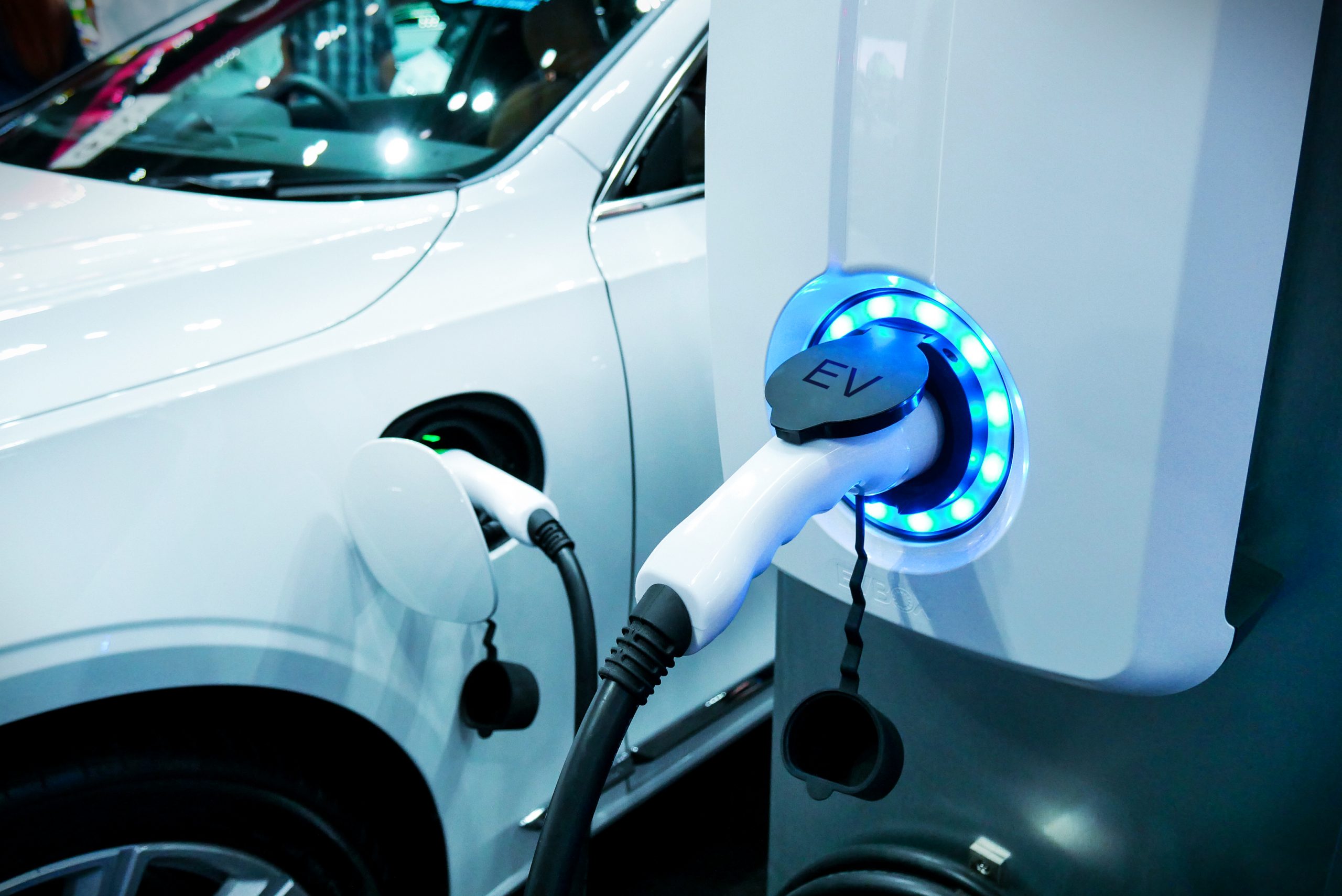Household Bills
Calls for electric vehicle charging overhaul

Guest Author:
Emma LunnWhich? is calling for a major upgrade to the UK’s electric vehicle (EV) charging infrastructure.
Research by the consumer champion found that only 13% of EV and plug-in hybrid electric vehicles (PHEV) charging happens using the public charging network.
However, Which? says that improving the access to the public charging network is vital to accommodate the predicted growth in EV use. It says improved public charging facilities would give drivers who travel long distances or don’t have access to charging at home the confidence to switch to an EV.
A recent Which? survey showed that three of the five most significant barriers to consumers buying an EV related to anxiety about charging.
A third (33%) of those surveyed pointed to the lack of availability of charge points on long journeys, while three in 10 (29%) raised concerns about a lack of charge points close to their home.
In a new report: Building an Electric Vehicle Charging Infrastructure that is Fit for the Future, Which? makes the case for major developments in the public charging infrastructure.

Wellness and wellbeing holidays: Travel insurance is essential for your peace of mind
Out of the pandemic lockdowns, there’s a greater emphasis on wellbeing and wellness, with
Sponsored by Post Office
It says the current availability of public charge points is inadequate in some areas and the expansion of the charging network is happening too slowly.
There are also significant national and regional disparities, with four times as many public chargers per 100,000 people in London as in the North West of England.
While Which?’s research also shows that the vast majority (93%) of EV and PHEV owners are currently able to charge at home, the Competition and Markets Authority (CMA) estimates that more than eight million households will not be able to charge an EV at home due to limited access to off-street parking.
As the ban on sales of new petrol and diesel cars after 2030 approaches and more drivers switch to electric, the number of people who will soon be completely reliant on public charging is set to rise sharply.
Those who are unable to charge from home face having to pay higher prices on the public network, and all EV drivers face challenges including multiple payment systems and poor charge point reliability.
EV charging strategies are either being developed or are already in place for the UK and devolved nations. Local authorities also play a key role in on-street charging and there is a significant variance in their approaches.
Which? is recommending a number of actions that the UK and devolved governments, local authorities, car manufacturers and chargepoint companies need to take to make the public charging network fit for the future.
The consumer champion is calling for a significant increase in the number of charging stations both on-street and at service stations, as well as requiring charge points that are currently restricted to specific brands to be available to all EVs.
It says action is also needed to simplify a system that currently has around 60 different charging networks, many of which need a specific app or Radio Frequency Identification (RFID) card.
This means customers who want to use public charging points have to download different apps or sign up for multiple RFID cards.
Public chargepoints can also be expensive with some costing nearly 80% more than charging at home. Which? believes those who have no choice but to use the public charging network should be able to charge at a comparable rate to charging at home.
Sue Davies, Which? head of consumer protection policy, said: “Our research shows that few electric vehicle owners currently rely on the public charging network, but this will have to change if millions of people are going to switch from petrol and diesel vehicles in the next decade.
“Improving the UK’s flawed charging infrastructure will support more motorists to make the switch to a zero-emission vehicle. The current confusing and complex system needs to be quickly overhauled if the network is going to be ready for the ban on new fossil fuel cars in 2030.
“Charging must be easy, accessible and affordable if people are going to make the move to an electric car.”